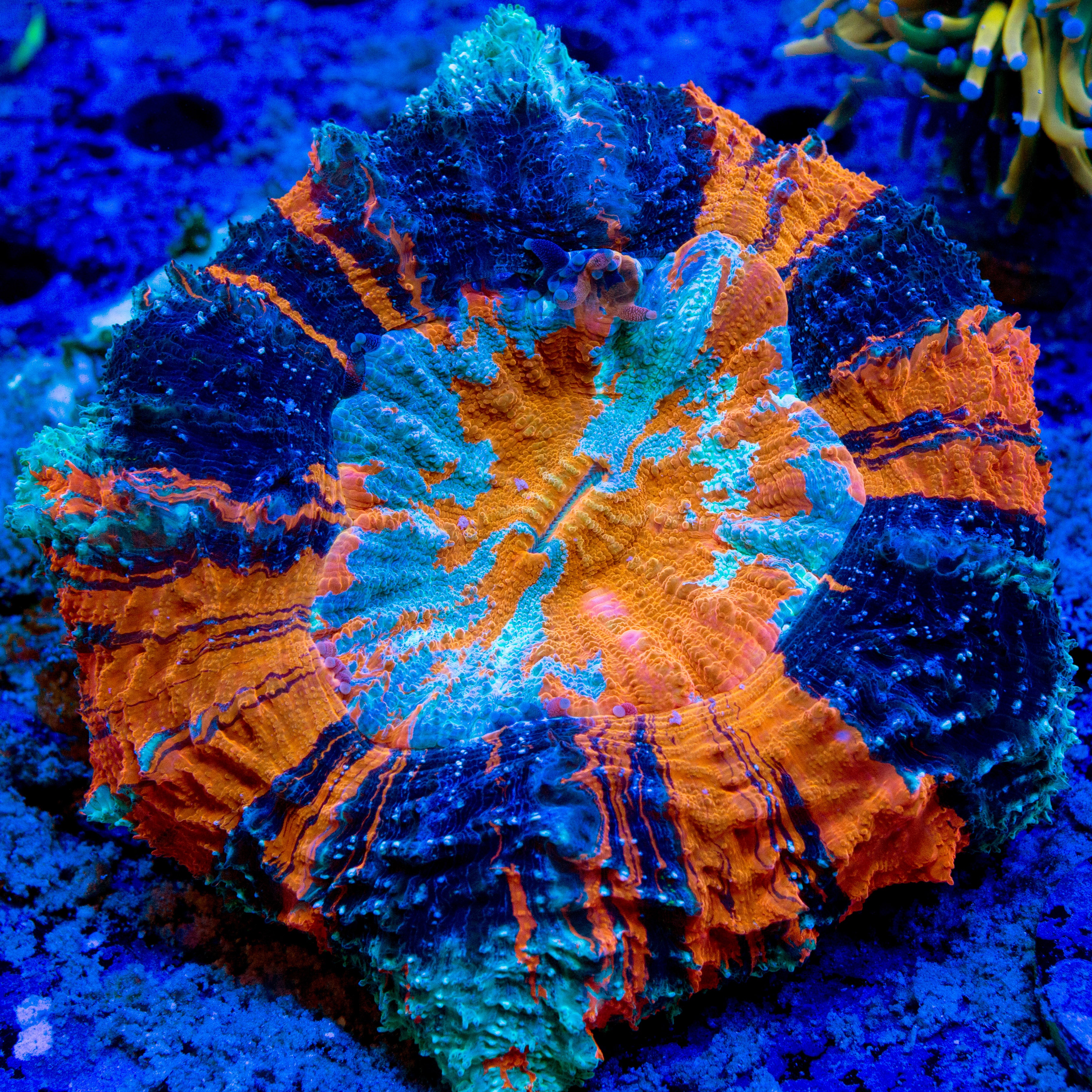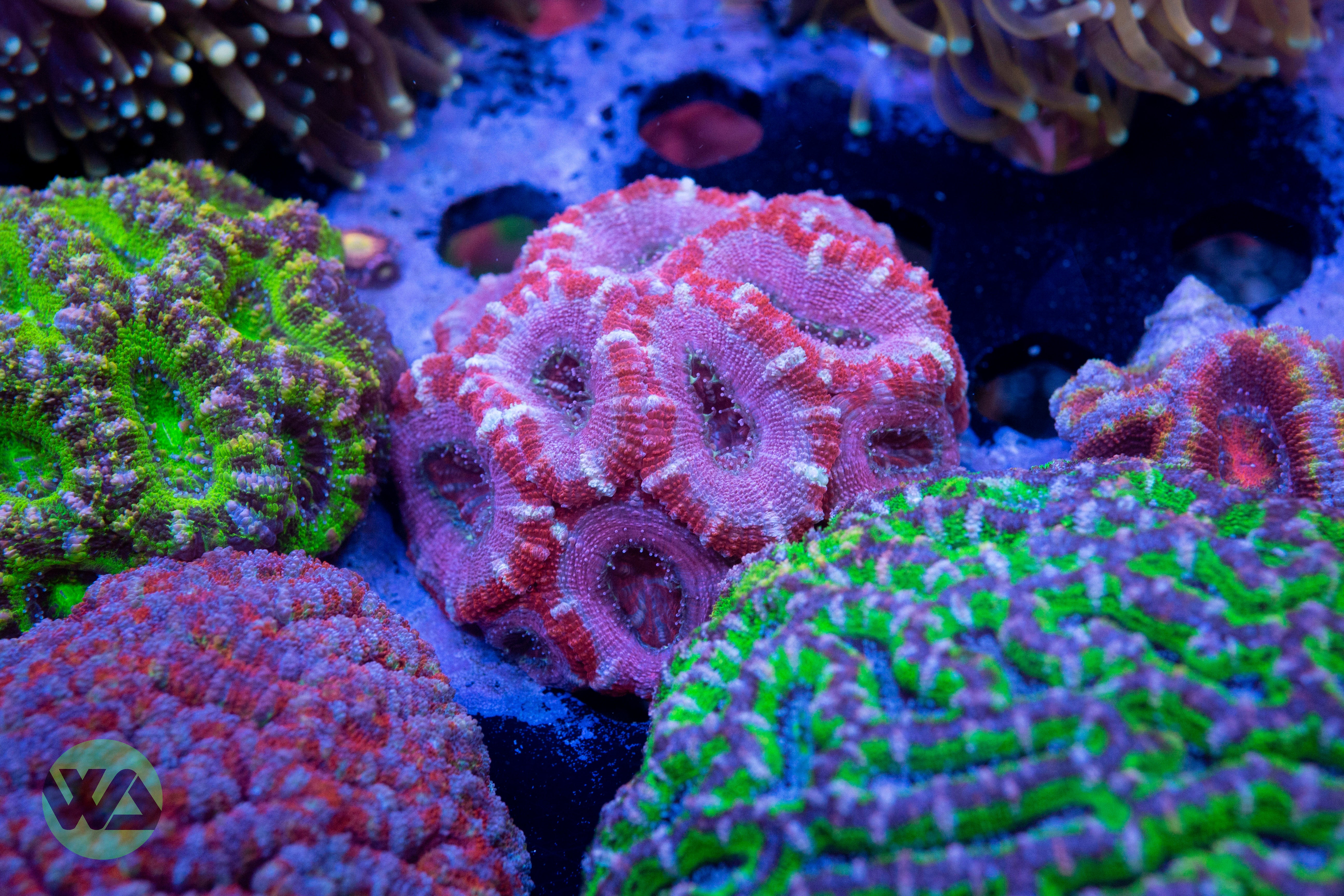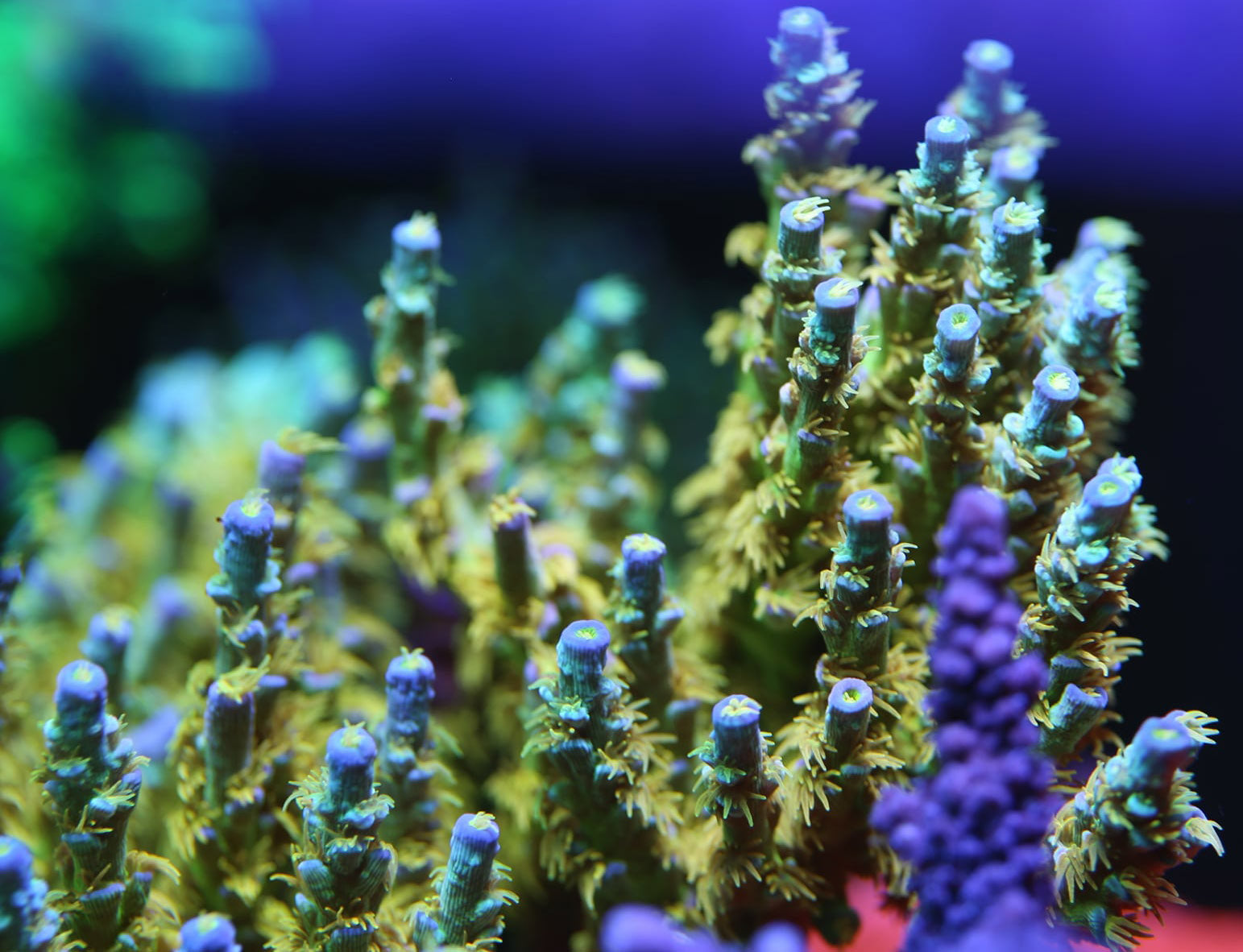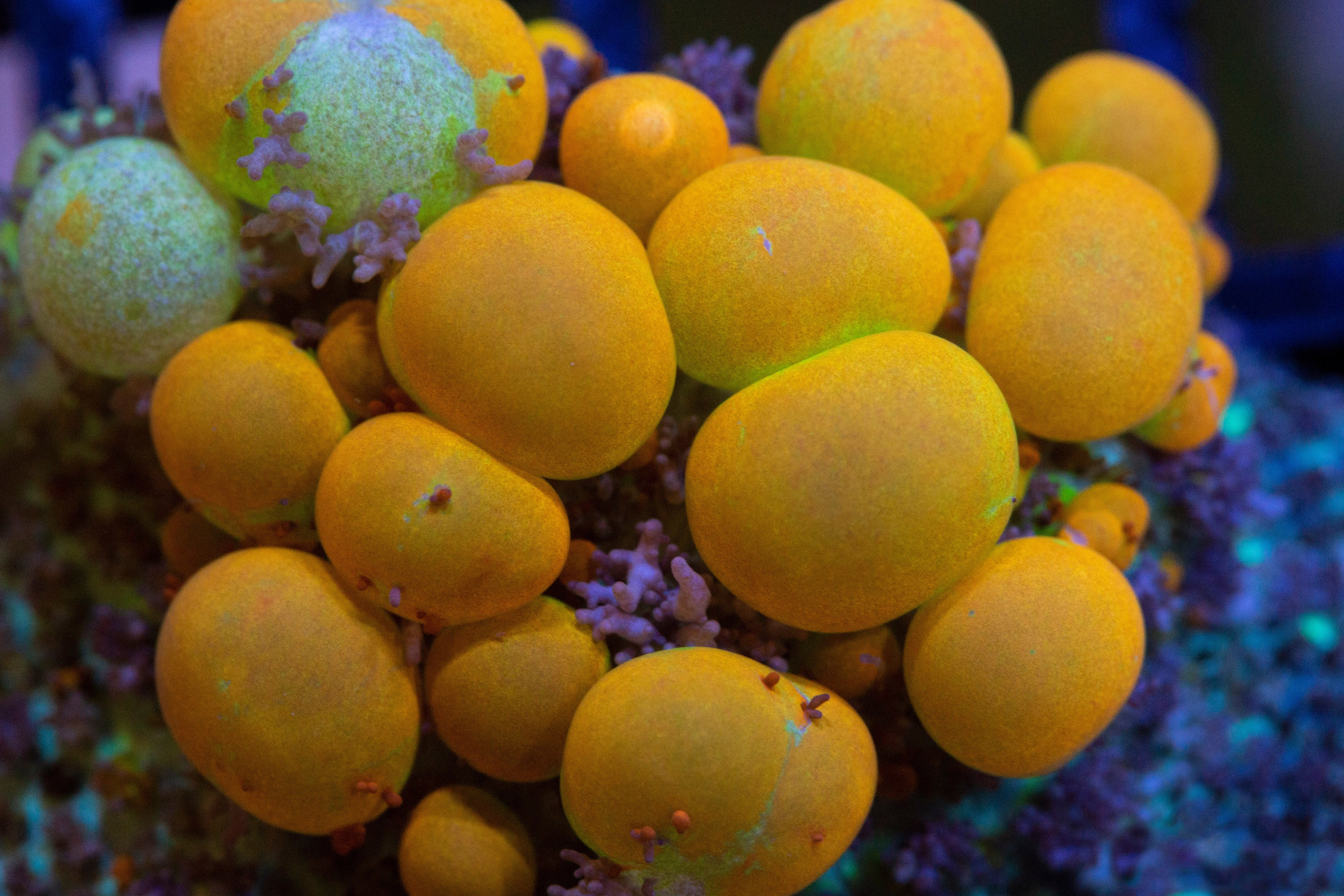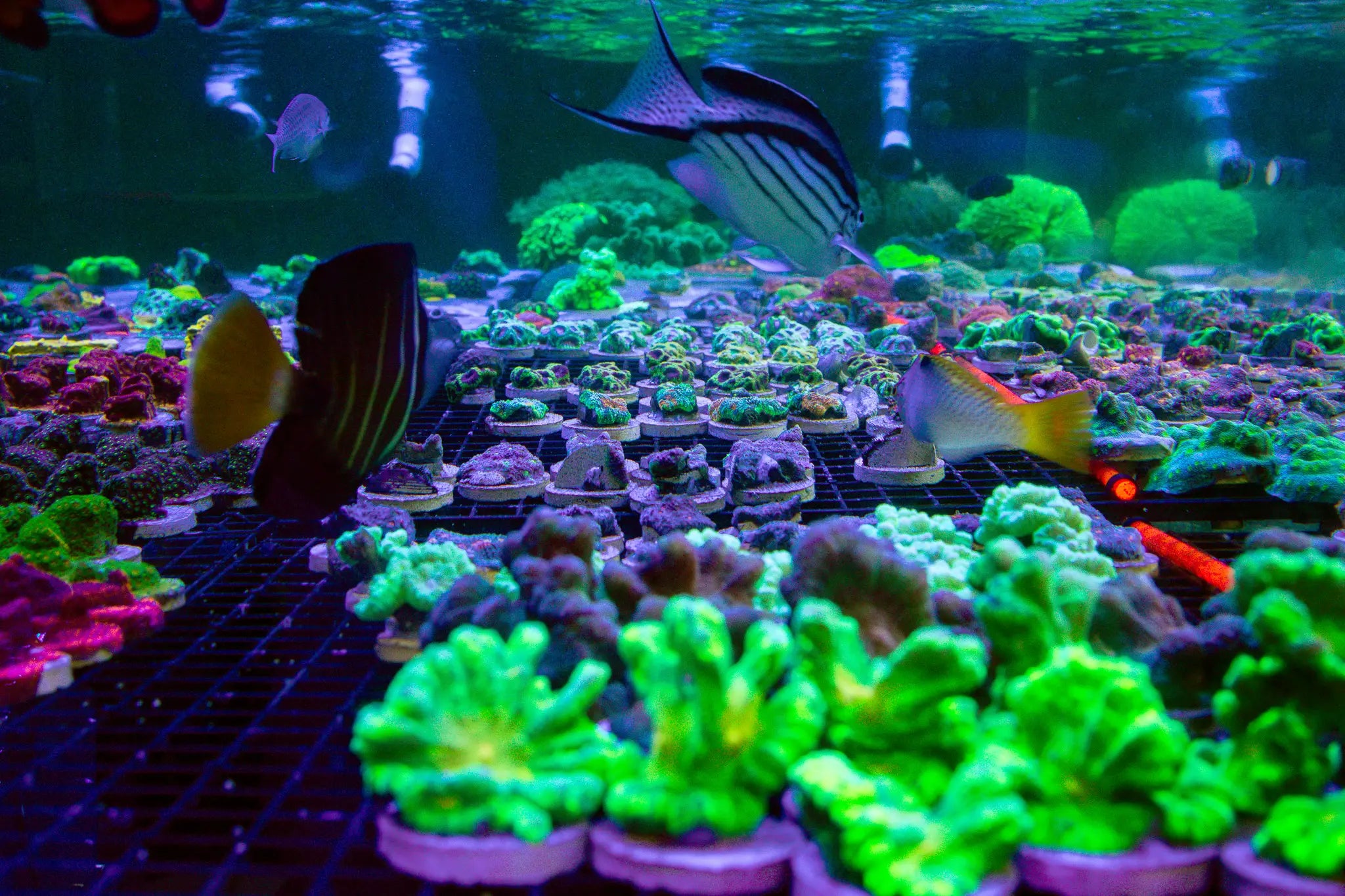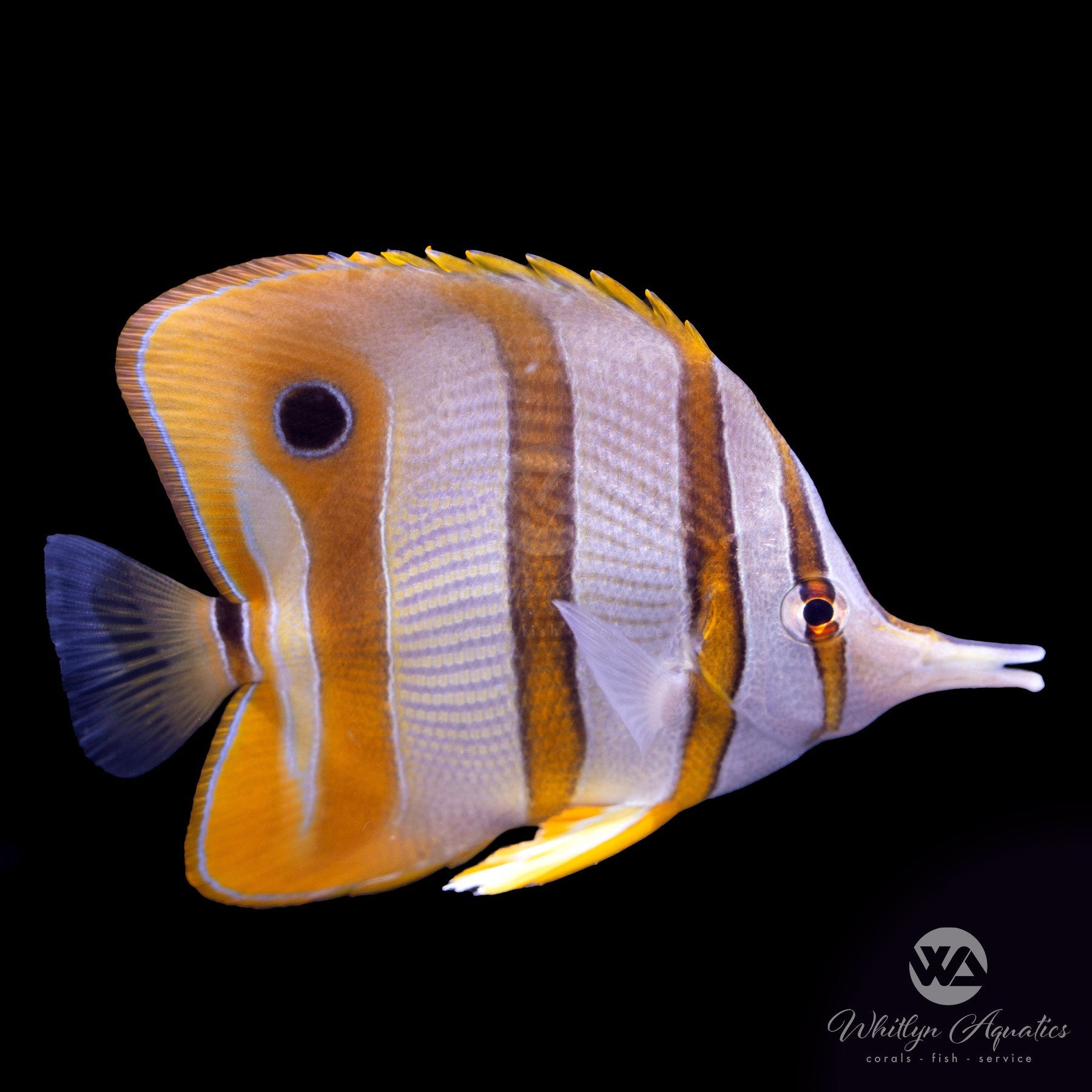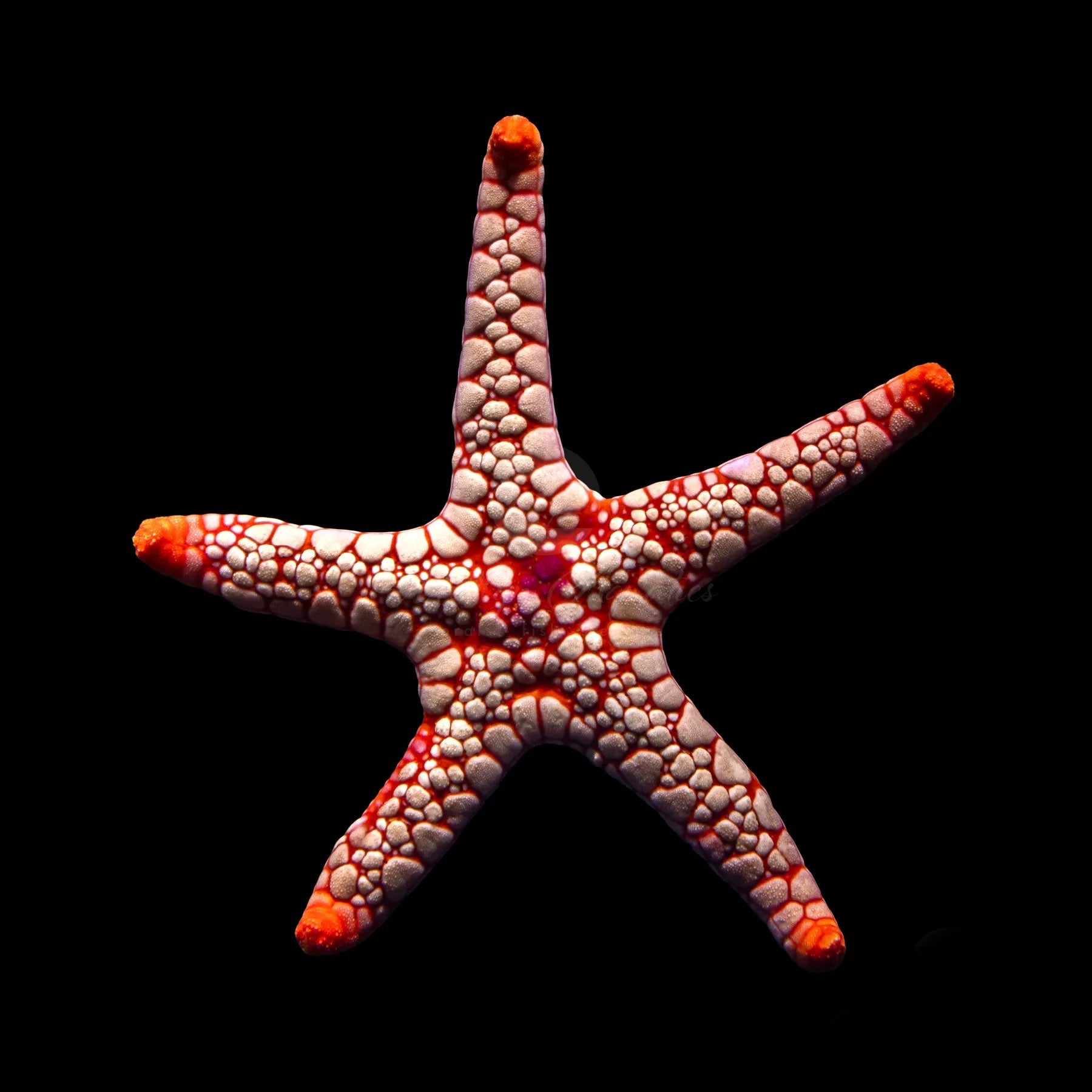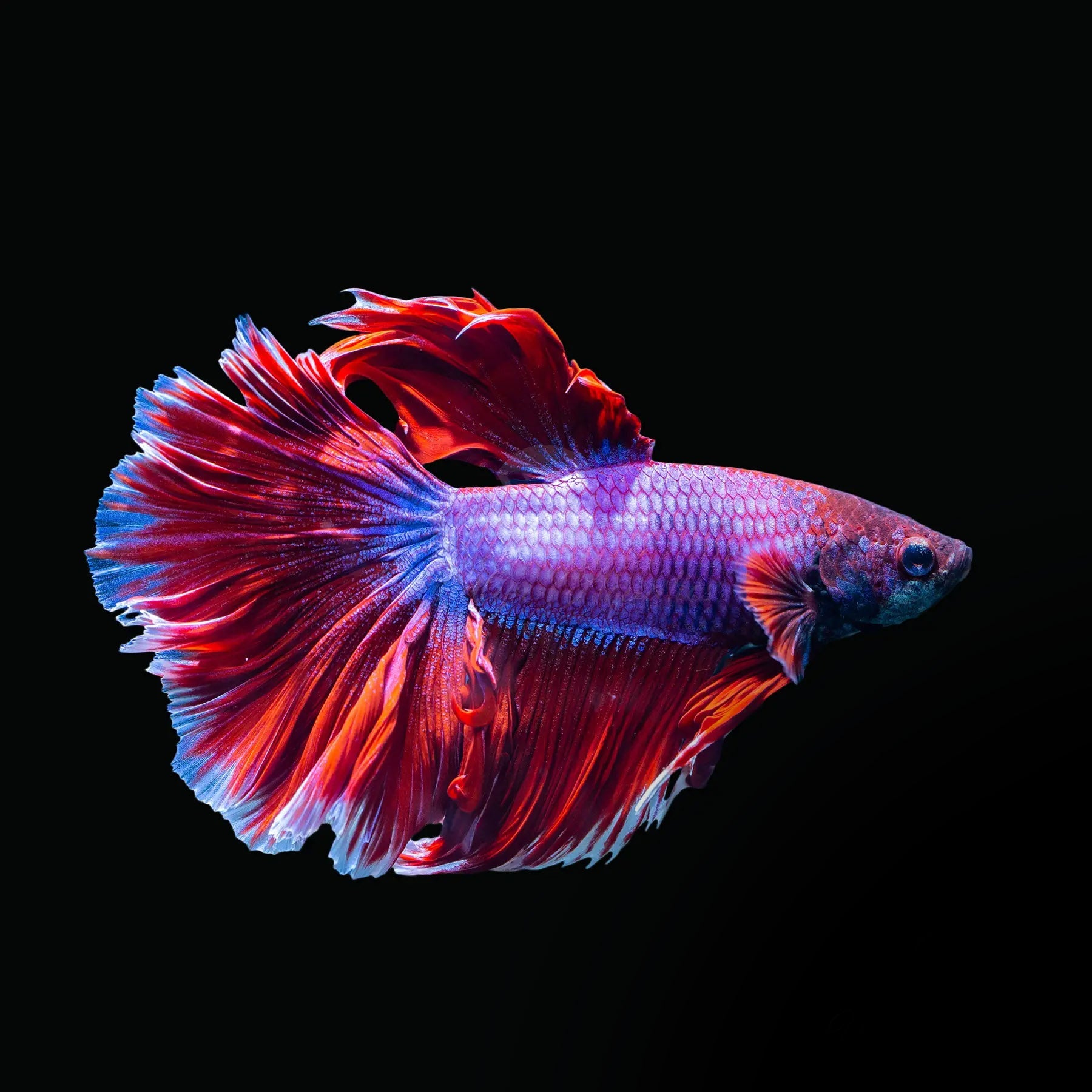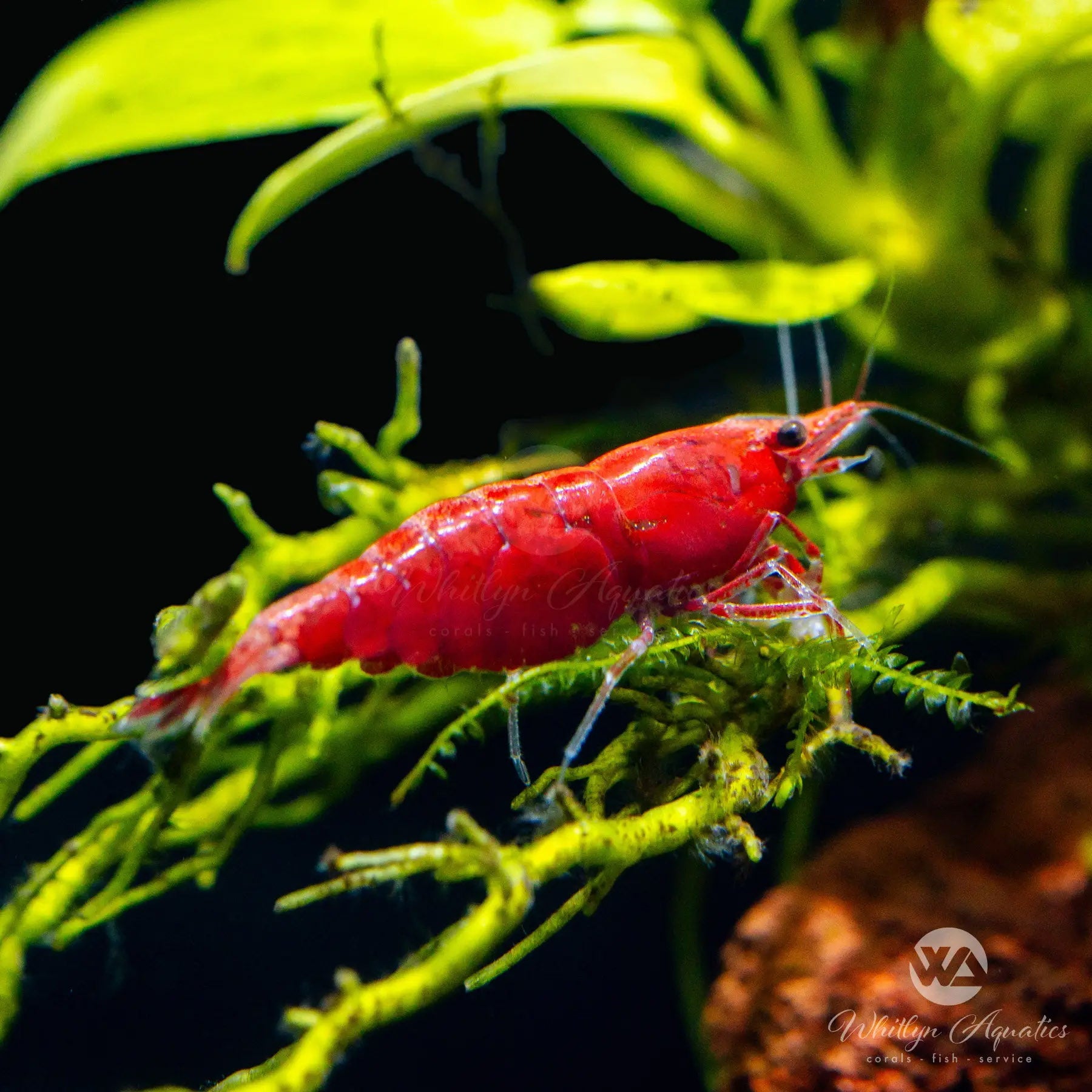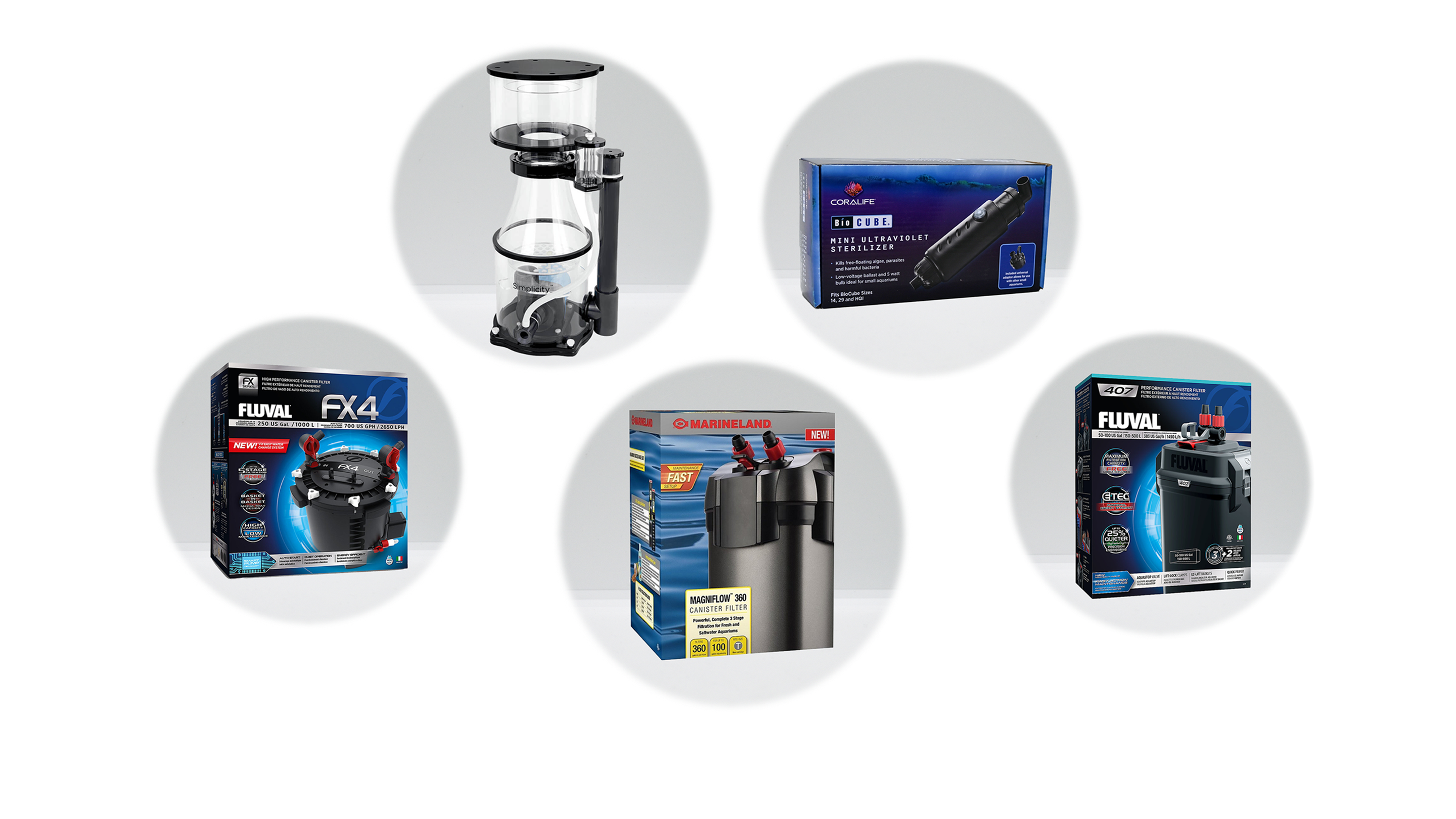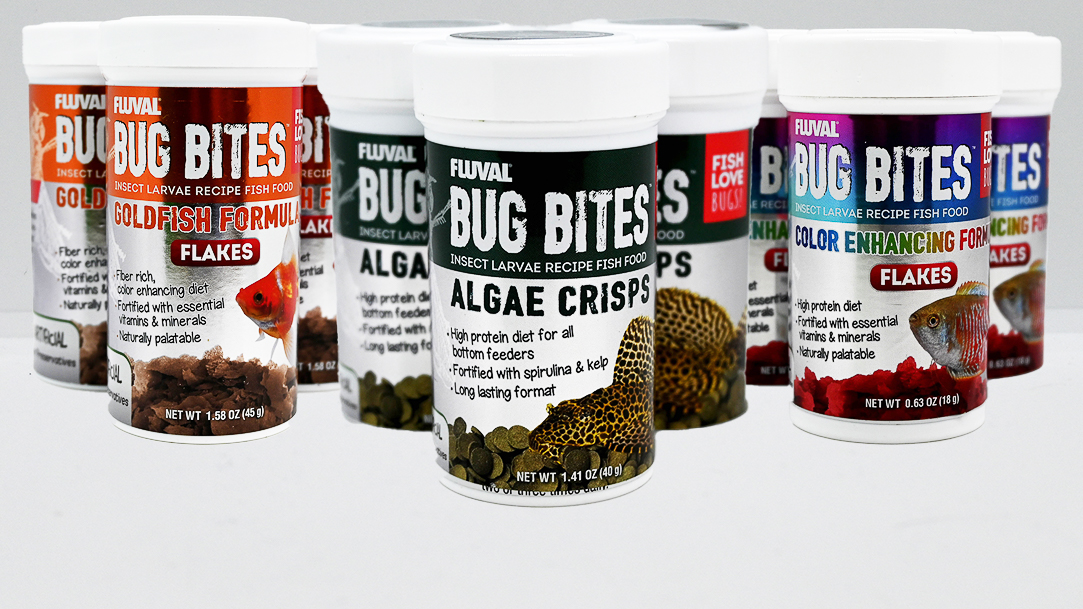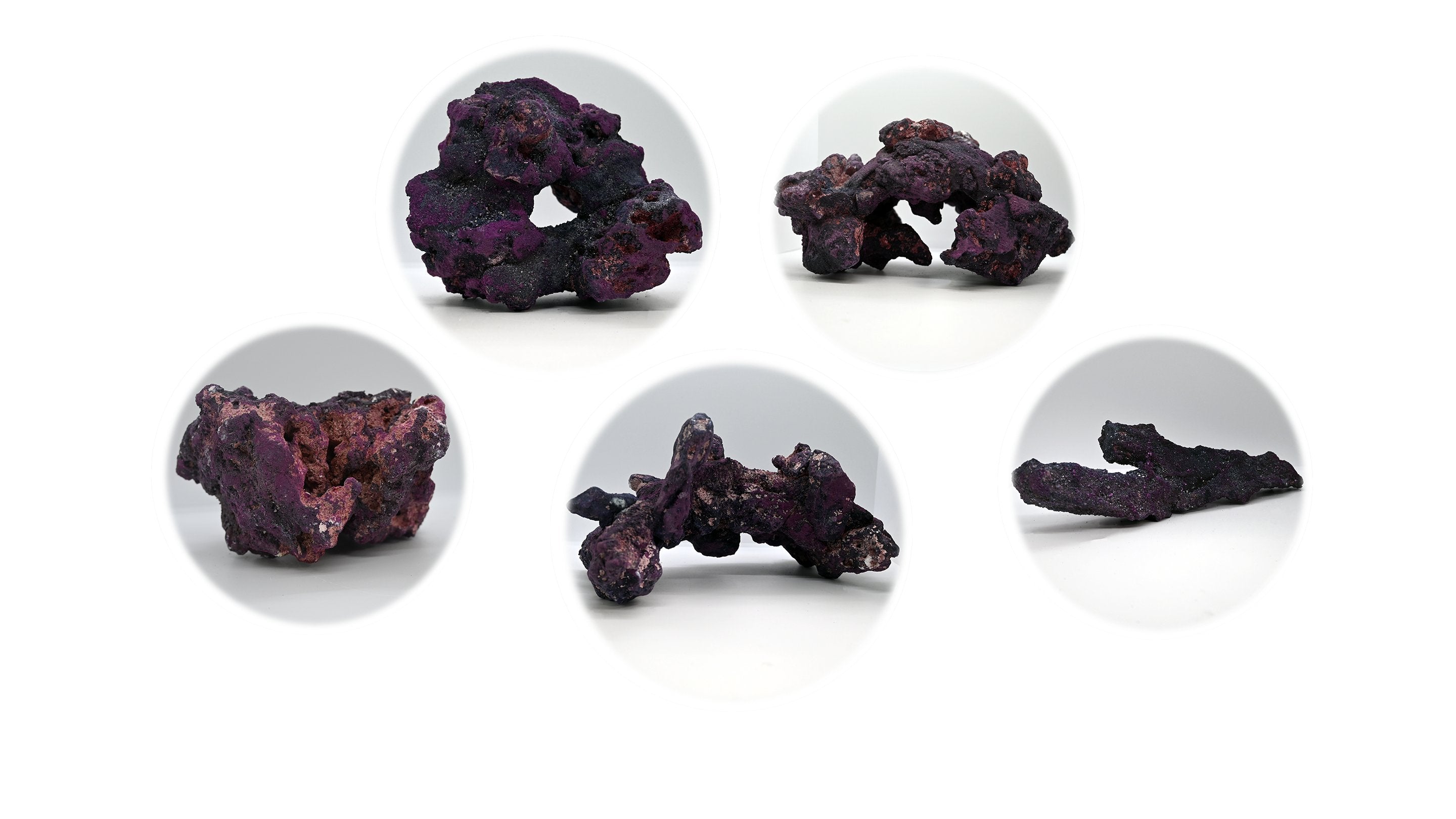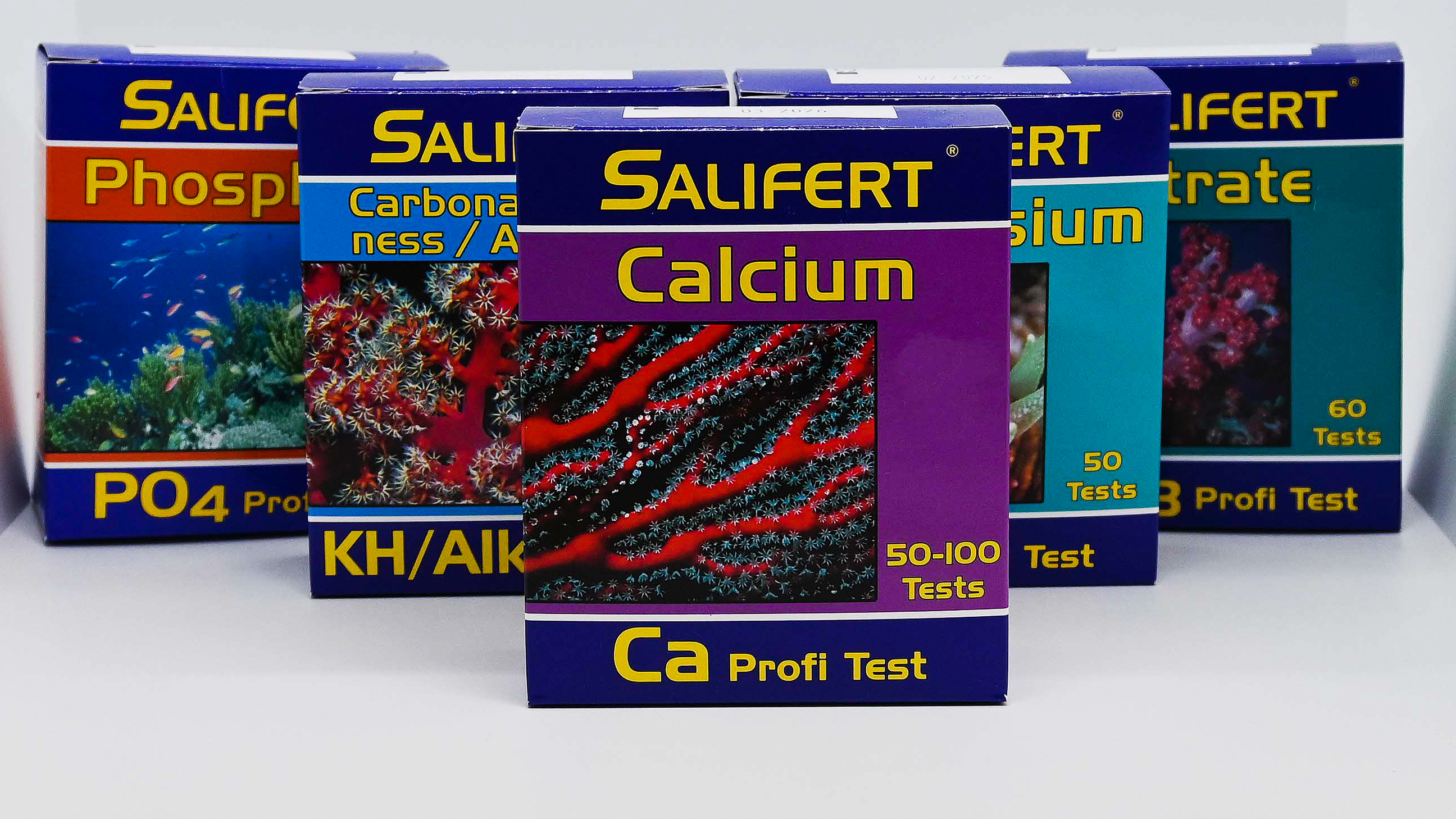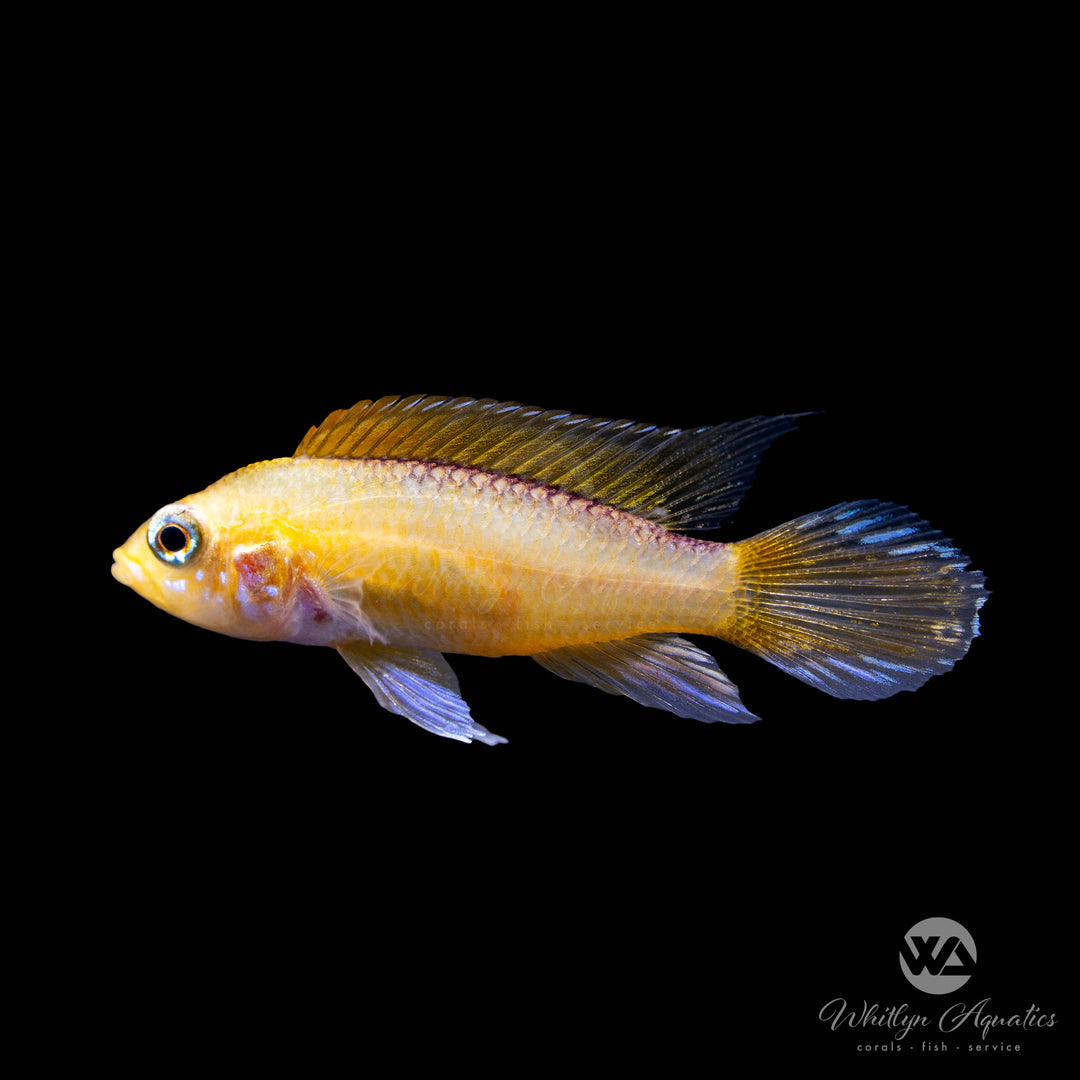
Gold Fire Apisto - Apistogramma agassizii
- In stock, ready to ship
- Backordered, shipping soon
The Gold Fire Apisto is a stunning freshwater cichlid known for its vibrant coloration and unique patterns. This species is favored by aquarists for its beauty and intriguing behaviors, making it a captivating addition to aquariums focused on South American species.
Description:
Common Name: Gold Fire Apisto
Scientific Name: Apistogramma agassizii
Family: Cichlidae
Size: 3-4 inches (8-10 cm)
Temperament: Semi-aggressive, especially during breeding.
Difficulty: Moderate
Native Region:
The Gold Fire Apisto is native to the slow-moving waters and flooded forests of the Amazon Basin in South America.
Aquarium Setup:
Tank Size: Minimum of 20 gallons
Temperature: 75-82°F (24-28°C)
pH: 6.0-7.5
Hardness: Soft to moderately hard water
Substrate: A fine substrate with plenty of hiding spots provided by rocks, driftwood, and dense vegetation is ideal for this species.
Additional Tips:
• Social Behavior: Gold Fire Apistos are best kept in pairs or small groups, with a ratio of one male to multiple females to minimize aggression.
• Compatibility: They can be kept with other peaceful community fish, but avoid aggressive species that may disturb them.
• Diet: Offer a varied diet of high-quality cichlid pellets, live or frozen foods like brine shrimp and daphnia, and occasional vegetables to maintain optimal health.


